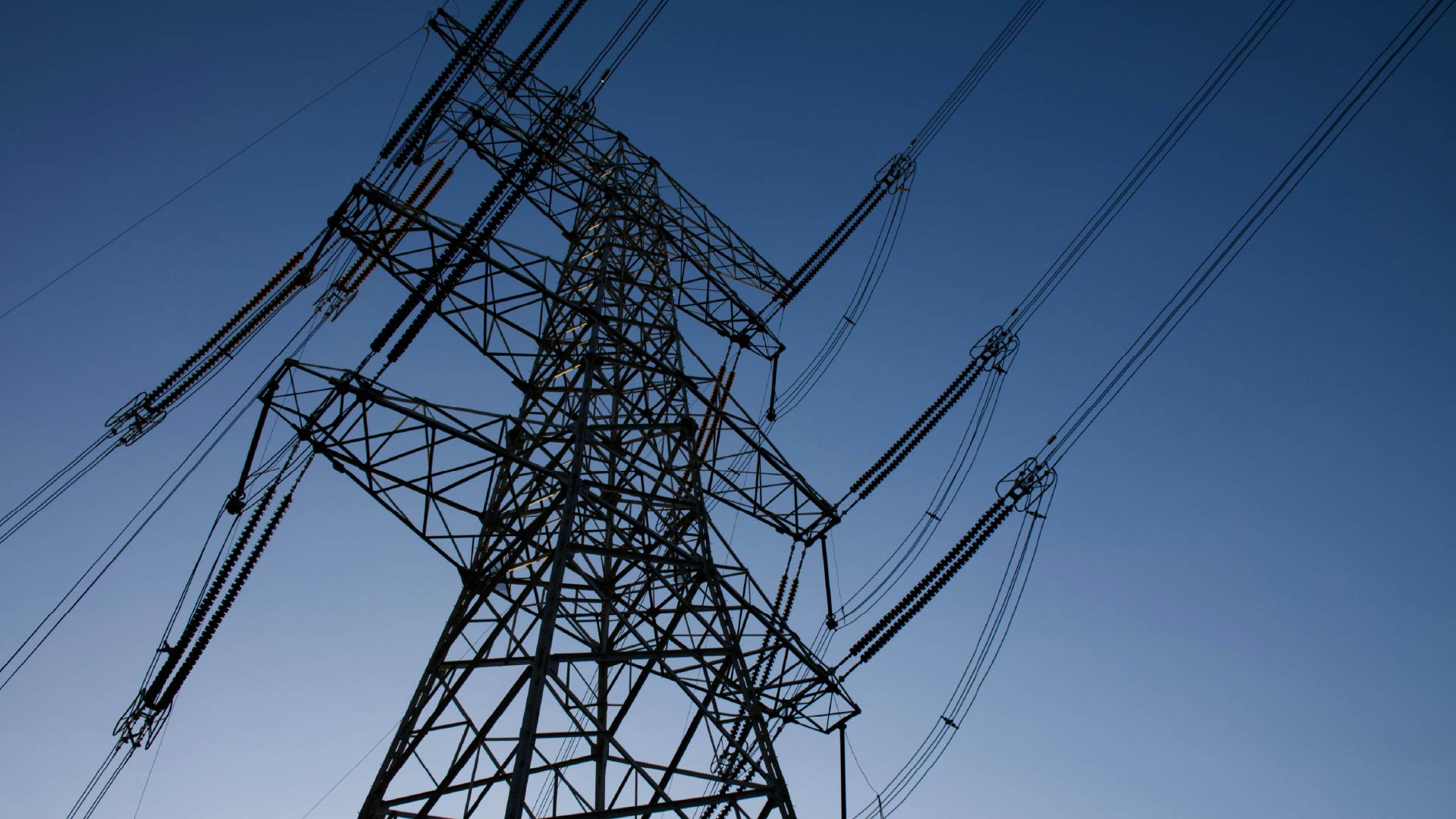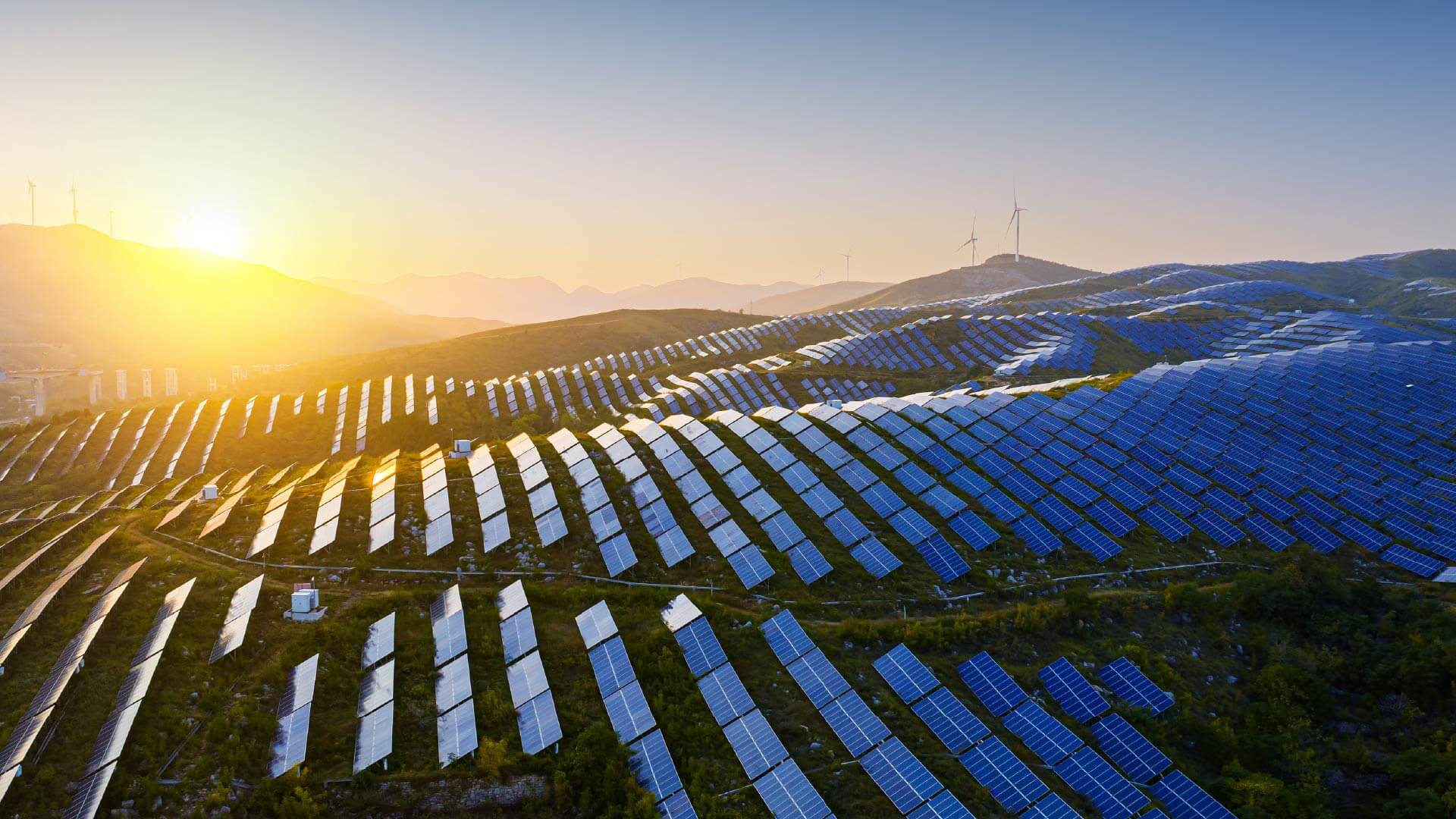EV Production Hits A Speed Bump: The Impact On Net Zero
Across the board, automotive manufacturers are reducing their once-ambitious EV production targets. This not only threatens their own net zero trajectories, but also has knock-on effects for any organization thinking about fleet decarbonization.
Over the past five years, the electric vehicle (EV) market has seen unprecedented growth. In 2020, the number of EVs on the roads worldwide was 10 million. By 2023, this number had quadrupled, with China leading in new EV registrations. According to the IEA, 10 large car manufacturers – such as Hyundai, Toyota and Volkswagen – had set targets, as of 2023, to scale their EV sales. However, 2024 did not bring the expected continuous boom in sales – instead, sales slowed. Car manufacturers are responding by softening their EV ambitions, and prioritizing their internal combustion engine (ICE) or hybrid vehicle production. For example:
- After setting a goal to have EVs account for 50% of total sales by 2025, Mercedes-Benz announced its plan to hit the goal with a five-year delay, in 2030, continuing the production of ICE cars.
- In April 2024, Ford Motor Company announced a delay in the production of EV models and pivoted towards hybrid instead. Ford revealed that the growth in EV sales was below the firm’s predictions.
- General Motors announced in June 2024 that it will produce 200,000-250,000 EVs in 2024, lowering the previous target of 300,000 vehicles. The firm mentioned a slowdown in demand due to higher prices as one of the reasons for the cut in EV production.
- In September 2024, Volvo Cars adjusted its EV goal of 100% EV production by 2030, to having 90-100% of its sales consisting of a mix of hybrid cars and full EVs.
Carmakers report decreased demand, supply chain bottlenecks and increased costs as reasons for reducing their EV ambitions. As the market moves beyond early adopters, EV sales have been lower than projections due to the higher upfront cost of EVs; the price of an electric car, for example, starts at approximately $30,000.
How is delayed EV production going to impact carmakers’ net zero goals? All large car manufacturers have committed to net zero by 2050 latest. At the core of their strategies, together with the use of renewable energy in the manufacturing processes, there is the ambition to turn their portfolios all-electric. Further delays in portfolio electrification may jeopardize carmakers’ ability to hit their targets – or even to satisfy EU and US rules pushing towards EV production, which come into effect as soon as 2035.
The slowdown in EV production may cause a domino effect in adjacent markets – starting with batteries. In 2023, venture investment trackers CTVC found that the largest private investment deals of 2023 were in the transport segment. Battery-manufacturing-related funding in particular accounted for six of the top 10 climate deals. But the fate of these firms is tied to the fate of the EV market. In September 2024, Northvolt, a Swedish battery manufacturer that raised over $13 billion, announced its intention to reduce its workforce and close one of its manufacturing sites due to challenges in increasing production and cancelled contracts with carmakers.
Despite challenges, it is not all doom and gloom for the EV transition. Current levels of EV production may well just be recalibration; global EV sales are still projected to grow. As new models become available in the market, and charging infrastructure strengthens, the price barrier may fall and attract buyers. The delay in EV adoption at scale might give time for technological innovation in batteries and charging infrastructure to consolidate, ensuring more sustainable growth.
About The Author
.png?sfvrsn=db470322_1)
Alessandra Leggieri
Senior Analyst





